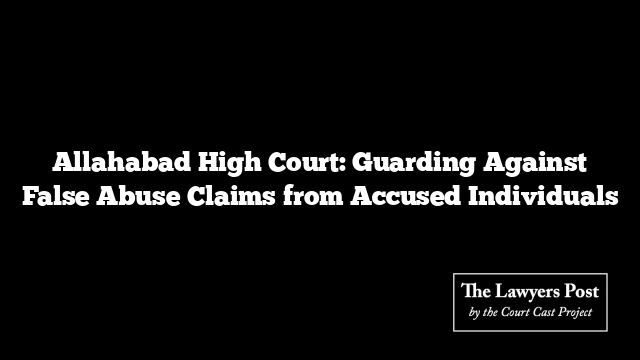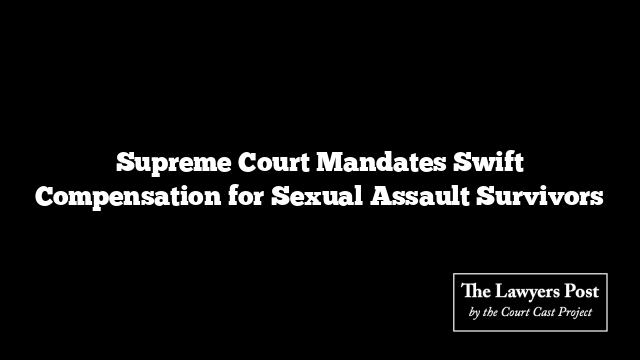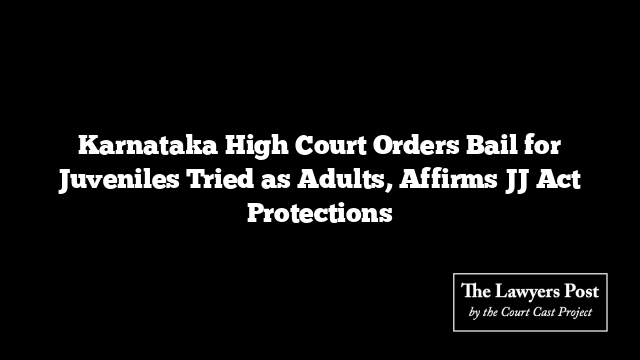The Allahabad High Court recently took a firm stance against routinely accepting human rights abuse claims from individuals with criminal records, warning that this could open the door to numerous false allegations. In the case of Shah Faisal v. State of UP, the court voiced concern that such petitions, if encouraged, might become tools for unfounded claims, ultimately hindering law enforcement and due process.
The court, led by Justices Mahesh Chandra Tripathi and Prashant Kumar, reviewed a petition filed by Shah Faisal, who alleged custodial mistreatment by police officers and sought compensation. Faisal was called to the police station in connection with an assault case and released shortly afterward. State officials denied any misconduct, pointing to his prior criminal record.
The judges emphasized that while protecting human rights is paramount, unsubstantiated claims risk overwhelming the judicial system and eroding public trust in law enforcement. “If every person facing interrogation could claim abuse as a means of financial or legal reprisal, the integrity of law enforcement would be jeopardized,” the court observed.
For a claim of custodial torture to be viable, the court clarified, there must be concrete evidence—such as medical records or clear corroborative proof—that demonstrates a gross and indisputable violation of rights. Furthermore, the court outlined critical factors for evaluating such petitions, stressing that any alleged violation must be egregious enough to “shock the conscience” of the judiciary.
The justices highlighted the importance of a balanced perspective. “The horizon of human rights is expanding, even as crime rates rise,” the bench noted, underscoring that individual rights must be weighed alongside societal duties. They reiterated that not every detention constitutes abuse and that frivolous claims only serve to undermine genuine cases of injustice.
Ultimately, the court dismissed Faisal’s petition, finding no incontrovertible proof of human rights violations in his case.





